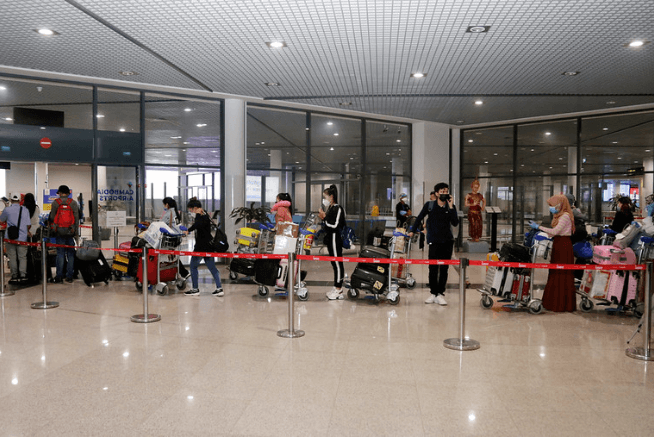
The Asia-Pacific region must accelerate progress toward registering deaths and causes of death to achieve universal civil registration and vital statistics (CRVS) systems by 2024, says a report released recently by the United Nations Economic and Social Commission for Asia and the Pacific (ESCAP).
The report, Get Everyone in the Picture: A Snapshot of Progress midway through the Asian and Pacific CRVS Decade, shows that while many countries have reported great success in reducing the number of children born without a birth certificate, far too few deaths in the region are registered with a medically certified cause of death.
Since 2012, the number of unregistered children under 5 across Asia and the Pacific has been reduced by half, resulting in greater access to health, education and financial services. However, death registration is lagging far behind with only a third of all deaths in the region receiving a death certificate and medically certified cause of death. A key reason for this is a lack of training for doctors and coroners.
The report underscores the urgent need for timely mortality statistics disaggregated by causes of death to develop and monitor public health policies and detect emerging health crises such as the COVID-19 pandemic. Training doctors and increasing awareness of the importance of accurate death certification are some of the actions that countries can take to help combat this trend.
"Today is another key milestone for the CRVS community in Asia and the Pacific," said Armida Salsiah Alisjahbana, United Nations Under-Secretary-General and Executive Secretary of ESCAP, at the launch of the report in Bangkok on 28 June. "The recent surge in COVID-19 in our region once again highlights the urgent need for universal civil registration of births, deaths and causes of death," she added. "These developments emphasize the importance of our work to improve CRVS systems in the region.”
"The report shows that the Asia-Pacific region is on the right path to reach its goal of universal and responsive CRVS systems," said Kamni Naidu, chairperson of the Regional Steering Group for CRVS in Asia and the Pacific. "CRVS systems are much better positioned to respond to the crisis than they would have been 5 years ago," she added. “With continued efforts, we will be able to achieve our intended goal of ensuring a legal identity for all which will ensure that we realize and facilitate the goals of the 2030 sustainable development agenda.”
The report outlines country progress towards establishing universal CRVS systems in line with commitments made during the first Ministerial Conference on CRVS in Asia and the Pacific in 2014.
The Ministerial Declaration to "Get every one in the picture" in Asia and the Pacific defines the shared vision that, by 2024, all people in the region will benefit from universal and responsive CRVS systems that facilitate the realization of their rights and support good governance, health and development.
The Second Ministerial Conference on CRVS in Asia and the Pacific will be held from 16 to 19 November 2021.
For more information visit: https://getinthepicture.org/
This article was first published by UNESCAP on 28 June 2021.

